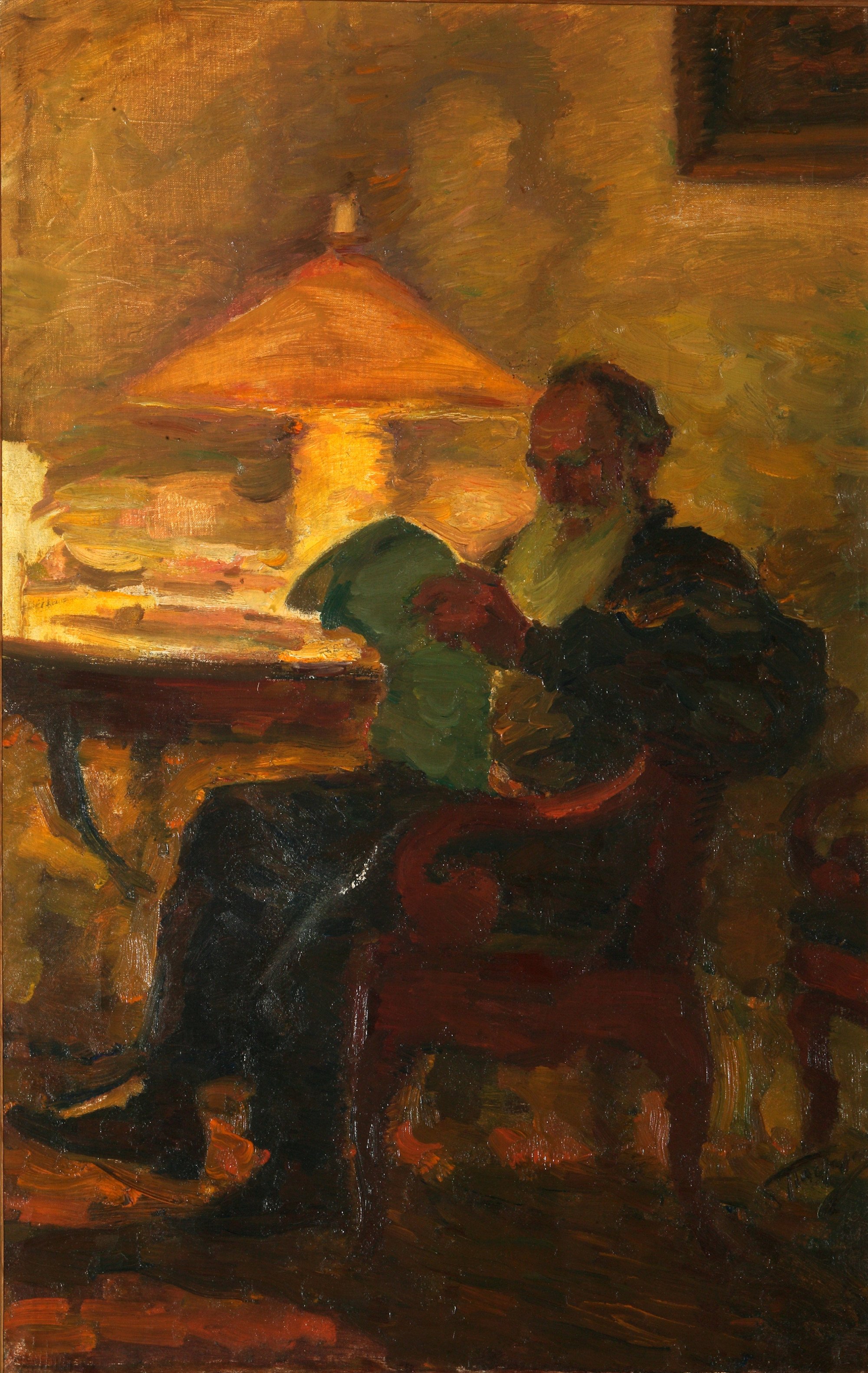
How reading Leo Tolstoy’s novel Anna Karenina, and writing about it, changed the life of Hong Kong museum director Lynn Fung
- When Lynn Fung read Leo Tolstoy’s 1878 novel Anna Karenina at school its ‘immense beauty’ captivated her; writing about it taught her something more valuable
- Her teacher accused her of plagiarism; her father leapt to her defence. For Fung it was a lesson about what others expect of you, and the meaning of family
The story of a tumultuous extramarital affair and its far-reaching consequences, set against an expansive backdrop of rapidly changing Russian society in the 19th century, Leo Tolstoy’s “Anna Karenina” (1878) is widely considered one of the world’s greatest works of literature.
Lynn Fung, director of the Liang Yi Museum in Hong Kong’s Central district, the largest private museum in Asia, which specialises in Chinese antiques and other decorative items, tells Richard Lord how it changed her life.
The book that had a profound impact on me was Anna Karenina, and not just for the usual reasons of it being a work of immense beauty.
I was in [my last year at high school] and was doing literature for my A-Levels. As part of our coursework, we were asked to choose a novel and write our thesis on it. You could be left alone until the day you handed in your coursework.
The day that I was supposed to hand it in, I was feeling unwell, so I asked my best friend to submit it on my behalf.
She reported that my teacher had taken one look at the title page and voiced her disbelief that a 16-year old would have read the entirety of this epic novel in the time frame, on her own, and submitted 20 pages on the topic without any outside help.
In essence, she had accused me of plagiarism in absentia.
My father, who has always had a very hands-off attitude towards his children’s schoolwork, learned of this and was completely incensed.
He wrote a letter to the principal and teacher: seeing as I had always been a student of good standing, who had clearly demonstrated a great love and enthusiasm for reading and literature, he wondered how my teacher could have such a low opinion of both my character and her own teaching skills.

What this episode taught me, and what in my mind Anna Karenina has always stood for, was: if you exceed people’s expectations too much, you’re not always rewarded for it.
It doesn’t mean you shouldn’t try, but it’s good to let people know at some point along the way what you are trying to achieve. I find that extends to my professional life to this day.
I’ve always liked working independently, at my own pace – but as the director of a museum, it is also part of my job to check in on my team regularly and make sure people are not only on the same page, but given the opportunity to give me feedback.
The second thing I was taught was just how important family is. My parents had always fostered independence in us, and helping with homework was just not something they did. But at a crucial moment, my father stepped in and advocated on my behalf.

The novel itself is of course focused on families, as its famous opening line states (“Happy families are all alike; every unhappy family is unhappy in its own way”). It’s about how they are torn apart, but also about how they are built and the work it takes to hold them together.
Now that I work in the family business [the museum was founded by her father, Peter Fung], I think a lot about that: how I am the steward of my family’s collection and advocating on their behalf, by presenting the objects in exhibitions that hopefully also have something original to say.
This episode did nothing to taint my love of literature: I continued studying it, and to this day, narrative and storytelling are a key part of how we position the museum’s exhibitions.

